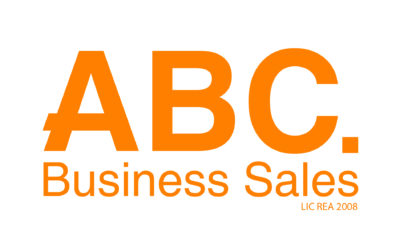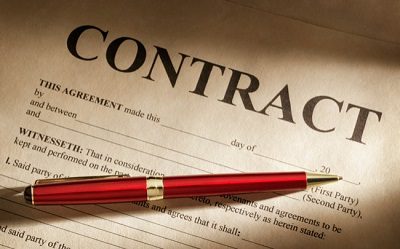From October 2022 LBPs must comply with a code of ethics. These codes are common across many industries, and increasingly being mandated by Government for licensed occupations, such as builders (and financial advisers).
But does being subject to the code standards increase your risk of being held liable for an alleged breach? And if so, what are the penalties and can these be insured?
Our view, since licensing became compulsory in 2012, has always been that holding a license does not increase your liability. If you make a mistake there is enough common law and legislation to ensure you’re held responsible for that, licensed or not. That’s the same for anyone operating a business or providing a professional service.
The difference with holding a license is that the person who was at fault can more easily be tracked down, and there is a system in place to penalise those people who fail to meet their obligations, in addition to legal remedies like court action.
The new code of ethics essentially expands the number of things that a complaint can be made to the Building Practitioners Board about. The code has some pretty obvious stuff in it, like taking responsibility for informing and educating your clients, advising clients of delays, complying with the law. Duh!
So, could you face a license complaint because a disgruntled client alleges that you have not “behaved professionally”? Or that you have not priced the job “fairly and reasonably? Possibly!
Insurance cover that would pay the cost of defending a complaint, as well as any fine imposed, is available and well-priced. Some insurers will include it as part of statutory liability insurance, while from others you can buy a standalone policy that includes additional benefits as well.
In a Nutshell
Many professions are subject to a code of ethics, and breaches of these can be referred to a disciplinary committee. LBPs are now covered by a similar system. Insurance is available to cover the cost of defending these complaints as well as any fine imposed.
The information presented in this article is general in nature and not intended to be financial advice for individual situations. You should speak to an expert about your specific circumstances and needs.




